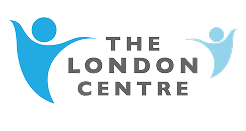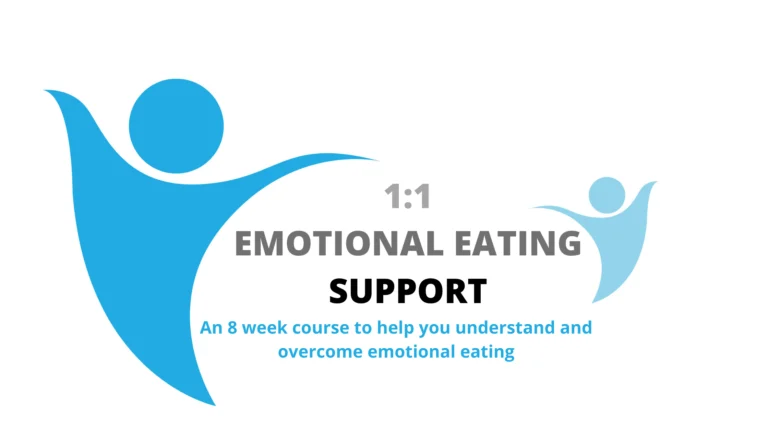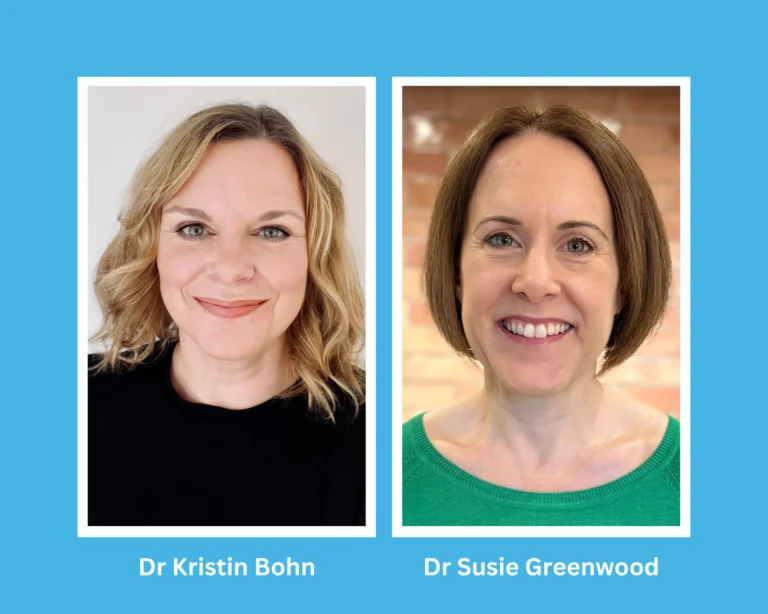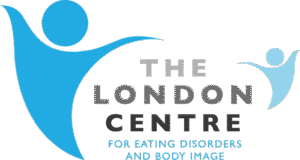Child and Adolescent (C&A) Dietetics
Recently, we have been thrilled to welcome Cliona Brennan to The London Centre team. Cliona has joined us as a Specialist Dietitian working with children and adolescents suffering with eating disorders and/or disordered eating.
Cliona has over 5 years specialist experience within the field of eating disorders and has worked with children and adults both in the NHS and privately. She works with clients suffering from anorexia nervosa, bulimia nervosa, binge eating disorder and ARFID, as well as undiagnosed or unclassified disordered eating.
What to expect with C&A dietetic treatment
C&A Dietitians can be involved in the assessment, treatment and ongoing monitoring of young people with eating disorders such as anorexia nervosa, bulimia nervosa, avoidant restrictive food intake disorder (ARFID) and binge eating disorder. Dietetic therapy can be offered as stand alone treatment or alongside other psychology based therapy. Dietetic therapy focuses on nutritional and physical related issues and concerns, as well as giving practical support around food and food behaviours, meal planning and food plans. With C&A Dietetics at The London Centre, the family plays an integral role in supporting their young person’s recovery from an eating disorder. There has been a huge amount of evidence and research that demonstrates the effectiveness of family based treatment approaches within the treatment of eating disorders, and this is one of the main reasons a family based treatment approach is the number 1 recommended treatment in the UK for young people suffering with eating disorders. Family members or carers are involved collaboratively (as appropriate) within the treatment model for young people, so it is very much a united and shared journey of recovery which can be hugely beneficial not only for the individual, but for their families too.
Young people suffering with disordered eating often have limited or restricted dietary variety; aversions to certain food characteristics; and/or disinterest in food and eating. As a consequence of limited food intake (quantity and/or quality), a young person’s development and growth may be negatively impacted. Dietitians play a key role in offering supplementary advice to children and young people and their families/carers to help meet dietary requirements for their growth which will be unique to every individual. Dietitians will assess nutritional and physical risk, ensuring primarily that nutritional needs are met, before working on introduction (or re-introduction) of foods in a very supportive and stepped approach where needed. This often takes place alongside psychological therapy and/or occupational therapy.
Specialist C&A Dietitians work across a range of diagnoses, prioritising nutritional rehabilitation in the first instance to ensure physical safety, and focus on improving the relationship with food and behaviours around food, once nutritional needs are stable.
A note from Cliona
I’m really pleased to join TLC and love the collaborative approach to treatment with clients, and the multidisciplinary support provided by the team. My style of working is client centred, with the aim of providing individualised treatment using an evidence based approach. I work with my clients, and their families, to support them in their recovery. I feel that developing a strong therapeutic alliance is key to working together to achieve goals.
I am passionate about supporting clients to make progress with recovery, and feel privileged to be part of each one of my clients journeys.
If you are interested in dietetic treatment for yourself or a loved one, contact us on info@thelondoncentre.co.uk or if you wish to book an appointment, please click here.








